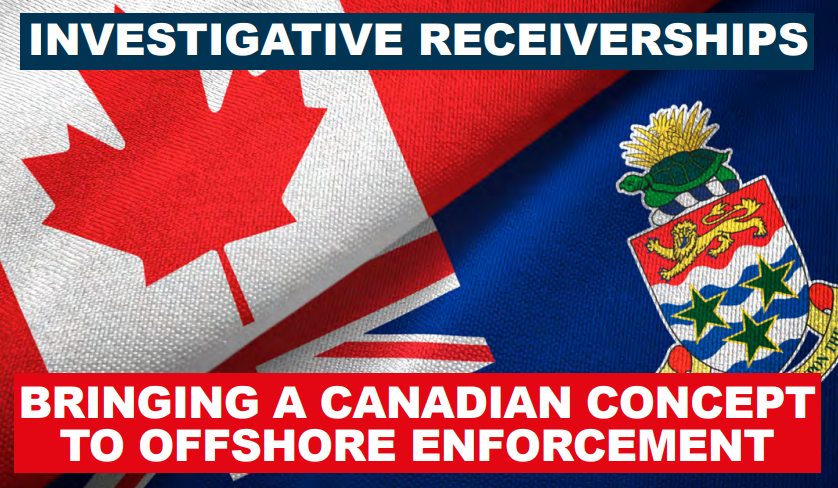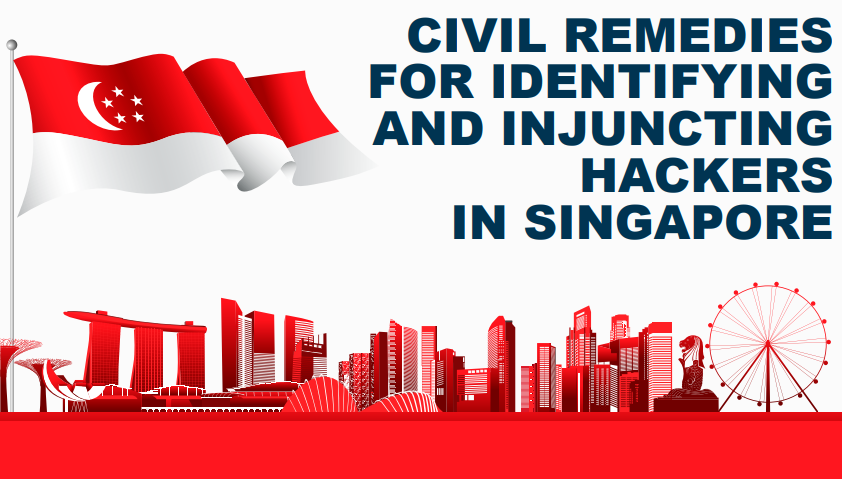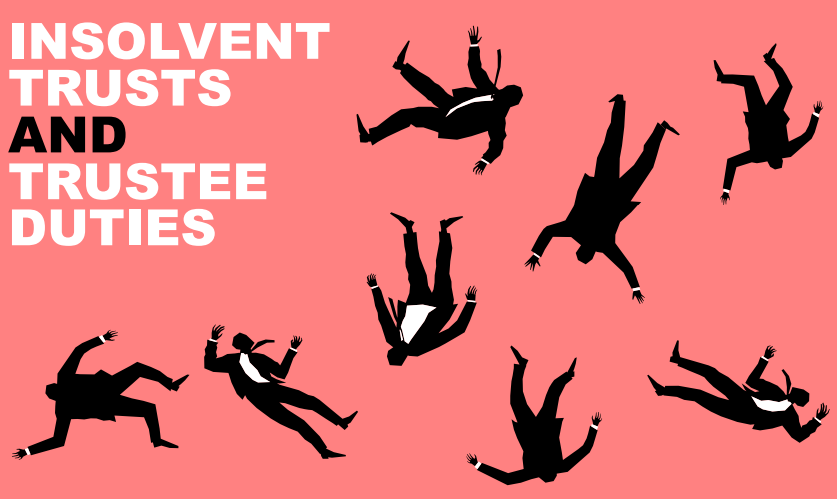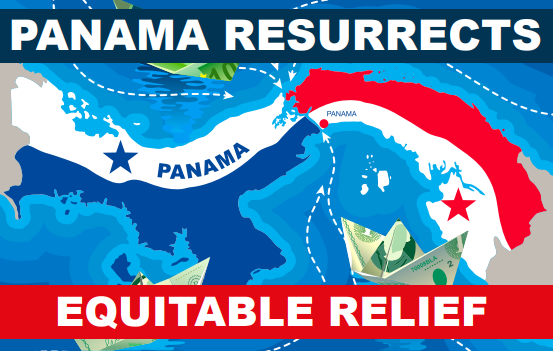Knowledge Hub
Join the Conversation!
Impartial and independent, ThoughtLeaders4 FIRE Knowledge Hub hosts cutting edge industry content and insight.
Email maddi@thoughtleaders4.com to submit content.
Investigative Receiverships: Bringing a Canadian Concept to Offshore Enforcement
Date: 15/07/2020 Type: Articles Topic: FIRE | International | Enforcement |Author: Mark A. Russell – KSG Attorneys at Law (Cayman Islands)
Judgment creditors are often cursed by asymmetrical information. When it comes time to enforce, a debtor will already know what assets it owns and where those assets are located. Unscrupulous debtors will try to hide or transform their assets through layers of transactions designed to frustrate enforcement. Bridging that informational gap requires the creative deployment of various investigative tools on behalf of the creditor.
Civil remedies for identifying and injuncting hackers in Singapore
Date: 15/07/2020 Type: Articles Topic: FIRE | Enforcement |Author: Danny Quay - Providence Law Asia (Singapore)
On 9 May 2020, Bleepingcomputer.com published an article with an ominous sounding title “Hacker group floods dark web with data stolen from 11 companies”. In the article, it was revealed that a hacking group known as Shiny Hunters had hacked into the databases of companies such as Tokopedia (Indonesia’s largest online store) and Unacademy (one of India’s largest online learning platforms), and had begun selling the user databases over the Dark Web for between $500 to $5,000 each.
Third Party Financing and the Ability to Recover Fees from an Opposing Party
Date: 15/07/2020 Type: Articles Topic: FIRE | Insolvency | Civil Fraud | Enforcement | Author: Ken Epstein and Nilufar Hossain – Omni BridgewayLitigation can be expensive. Very expensive. And the only thing litigants dislike more than paying their own attorneys’ fees is also having to pay the legal fees of their adversaries when they lose a case. Unsurprisingly, losing parties assert creative arguments to avoid this outcome. One recent example arose in FastShip, LLC v. United States, a case involving a third-party litigation funder.1 The losing defendant argued that, since the funder, not the plaintiff, paid the legal costs, the plaintiff lacked standing and its statutory right to recover attorneys’ fees was destroyed.
Read moreInsolvent trusts and trustee duties
Date: 15/07/2020 Type: Articles Topic: FIRE | Civil Fraud | International | Private Client | Trusts |Author: Emma McCall – Stewarts
Economic uncertainty brought by the Covid-19 pandemic will undoubtedly have a profound effect on the value of trust assets. Industry experts predict steep rises in insolvencies, affecting key industries. Many businesses may become cash-flow/balance sheet insolvent (if they are not already).
Don’t forget those checks and balances!
Date: 15/07/2020 Type: Articles Topic: FIRE | Civil Fraud | International |Author: Phil Crooks – BRG
The severe economic and social impact of COVID-19 has increased the likelihood of fraud, not just in relation to the government assistance schemes where false claims could be made, but also the risks faced by companies and other organisations who may be subject to fraud as a result of the new working environment.
Switzerland: easy steps to kick off an asset search
Date: 15/07/2020 Type: Articles Topic: FIRE | Civil Fraud | Enforcement |Author: Yannick Poivey – Swiss Forensic & Compliance Sàrl (Switzerland)
Switzerland’s recurrent presence in multi-jurisdictional asset tracing exercises is certainly not proportionate to the small size of its territory. For creditors however, the Swiss jurisdiction poses a number of challenges in terms of information retrieval. From the lack of centralized data to the use of three different main languages in business life, conducting research in Switzerland is often perceived as complex and costly.
Panama Resurrects Equitable Relief
Date: 15/07/2020 Type: Articles Topic: FIRE | International |Author: David M. Mizrachi, B.A., J.D – MDU Legal (Panama)
Panama, which infamous “Panama Papers” have put the country in the limelight for the past four years, is not a traditional offshore jurisdiction. It is more of a traditional Civil Law jurisdiction with a (formerly) notable offshore sector. In the strict Civil Law tradition, Panamanian substantive and procedural laws tend to stress legal remedies over equitable remedies. Thus, its judiciary is not prone to issue equitable relief to the same extent it is issued by its Common Law counterparts in England, the British Commonwealth and the United States of America.
Category filter
Topic filter
Sign up for alerts

Our FIRE Corporate Partners


Contact Us
In order to suggest topics or write for our knowledge hub please contact Danushka on +44 (0) 20 3580 5891 or email danushka@thoughtleaders4.com












